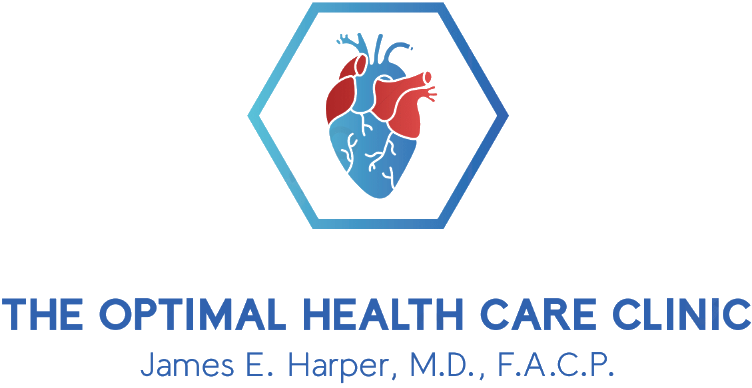Nutrition is more than just fuel for the body. It influences how you feel, think, and function every day. The food choices you make affect three key areas of your well-being: your energy, mood, and metabolism. Understanding these connections can help you make informed decisions that support long-term health.
Nutrition and Energy Levels
Your body relies on a steady supply of nutrients to power daily activities. When your diet lacks balance, energy levels can fluctuate dramatically. For example, meals high in refined sugar or processed foods often cause a quick energy spike followed by a crash, leaving you fatigued and unfocused.
Complex carbohydrates from whole grains and vegetables provide a slower, more consistent release of energy. Pairing these with lean proteins and healthy fats—such as those found in fish, nuts, and avocados—helps stabilize blood sugar levels throughout the day. Hydration also plays a critical role; even mild dehydration can lead to feelings of tiredness and reduced concentration.
Skipping meals or eating irregularly can further drain your energy, making it harder to stay productive and engaged. A well-balanced eating plan prevents these dips and keeps your body performing at its best.
Nutrition and Mood
What you eat directly influences brain chemistry and emotional health. Nutrients such as omega-3 fatty acids, found in fish and flaxseeds, support brain structure and may improve mood. B vitamins, particularly B6, B12, and folate, play a vital role in producing neurotransmitters that regulate stress and emotions.
Blood sugar balance is equally important for mental well-being. Large swings in glucose can lead to irritability, anxiety, and low mood. By incorporating fiber-rich foods, proteins, and healthy fats into your meals, you can maintain stable blood sugar and promote a more consistent emotional state.
Poor nutrition, on the other hand, is linked to fatigue and heightened stress responses. A diet lacking in essential nutrients can increase feelings of anxiety and reduce your ability to cope with daily pressures.
Nutrition and Metabolism
Metabolism refers to the body’s process of converting food into energy. A healthy metabolism depends on more than just calorie intake. It’s influenced by the quality and balance of the foods you eat. Adequate protein supports muscle maintenance and keeps your metabolism functioning efficiently. Skipping meals or adopting extreme diets can slow this process, making it harder to maintain energy and a healthy weight.
Staying hydrated is also critical for metabolic health, as water is essential for cellular processes. Eating at regular intervals and choosing nutrient-dense foods help sustain an active metabolism, while crash diets or long periods of fasting can have the opposite effect.
Why Guidance Matters
While the principles of good nutrition are straightforward, individual needs vary based on age, health conditions, and lifestyle. A personalized approach ensures you’re getting the right nutrients in the right amounts to support your energy, mood, and metabolism.
At The Optimal Health Care Clinic, this process begins with a comprehensive assessment of your dietary habits and overall wellness. From there, a customized plan is developed, complete with practical strategies and ongoing support to help you reach your health goals with confidence.
Take the First Step Toward Better Wellness
If you live in Johns Creek, Alpharetta, or Suwanee, start your journey toward improved energy, mood, and metabolic health today. Call 770-538-1747 and schedule a consultation with The Optimal Health Care Clinic and discover how personalized nutrition guidance can help you feel your best every day.

